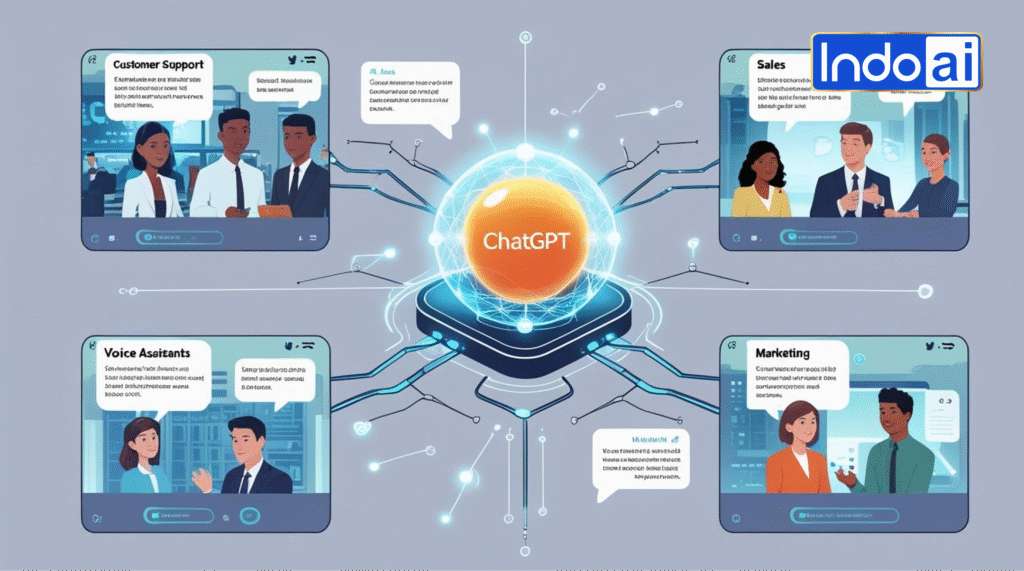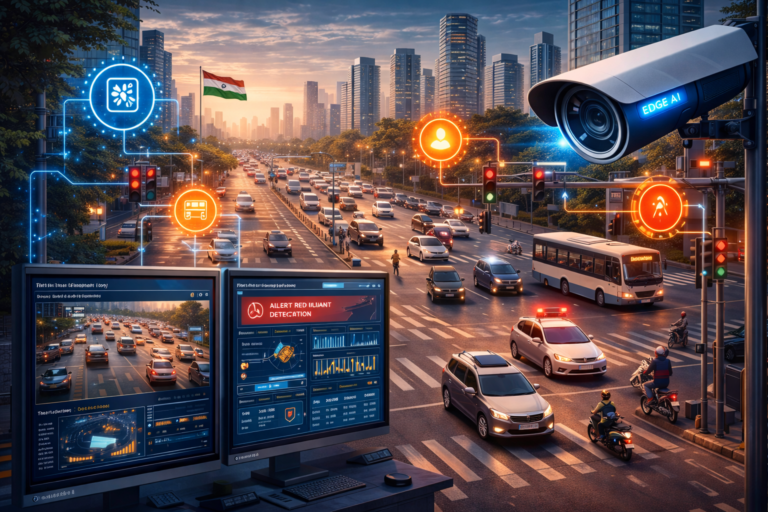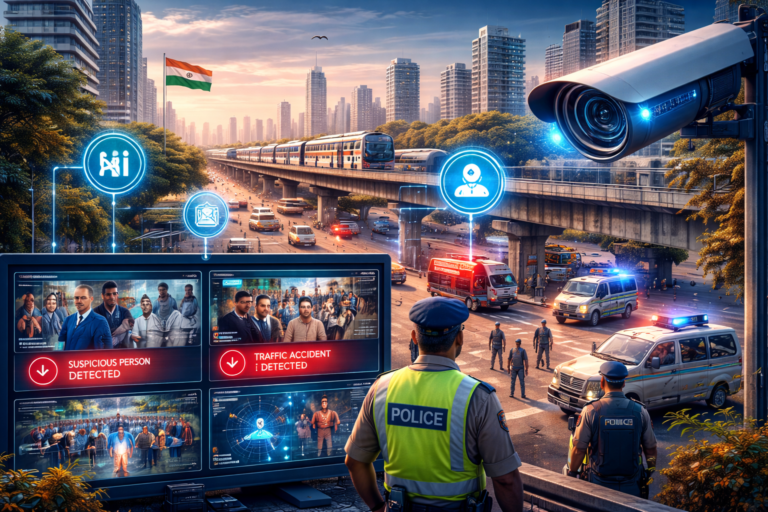In recent years, the development of artificial intelligence (AI) language models has made significant strides. This advancement has enabled machines to understand, interpret and communicate with humans in a more natural and human-like manner. Chatbots are one of the most popular applications of AI language models and ChatGPT is at the forefront of the technology.
In this article, we will explore how ChatGPT is unlocking the potential of AI language models, and what its role is in the future of chatbots.
What Is ChatGPT?

ChatGPT is developed by OpenAI. It is based on the GPT-3.5 architecture and has been trained on a massive amount of text data. ChatGPT is capable of understanding and generating human-like responses, making it an excellent tool for conversational AI applications.
ChatGPT is highly versatile and can be used for a wide range of applications, including chatbots, voice assistants, and customer service automation.
It has been designed to understand the nuances of natural language and can respond to user queries with high accuracy and relevance.
How ChatGPT Is Unlocking The Potential Of AI Language Models?
ChatGPT is unlocking the potential of AI language models by improving the accuracy and relevance of chatbot responses.
Traditional chatbots were rule-based and could only respond to a limited set of predetermined questions.
This made the user experience less than optimal and often frustrating.
ChatGPT, on the other hand, is based on machine learning and natural language processing (NLP), making it highly adaptable and capable of understanding the nuances of human language.
ChatGPT has been trained on a massive amount of text data, which enables it to understand and generate highly relevant responses.
It can understand the context of the user’s query and provide answers that are specific to their needs.
This makes the user experience much more satisfying, and users are more likely to engage with chatbots powered by ChatGPT.
ChatGPT is also highly adaptable, and its responses can be fine-tuned to suit specific use cases.
This is achieved by training the model on a specific set of data that is relevant to the application.
For example, if the chatbot is being used for customer service, the model can be trained on a dataset that includes common customer queries and responses. This makes the chatbot highly relevant and accurate, resulting in a better user experience.
ChatGPT's Role In The Future Of Chatbots
ChatGPT’s role in the future of chatbots is significant.
As AI language models continue to evolve, chatbots will become increasingly human-like in their interactions.
ChatGPT’s ability to understand the nuances of human language and generate highly relevant responses will be key to this evolution.
Chatbots powered by ChatGPT will be capable of handling more complex queries and providing more personalized responses.
This will make them an essential tool for businesses that want to provide a better customer experience.
Chatbots powered by ChatGPT can be used for a wide range of applications, including customer service, sales, and marketing.
ChatGPT’s versatility also makes it an ideal tool for developing voice assistants.
As voice technology continues to evolve, the demand for conversational AI will increase.
ChatGPT’s ability to understand human language and generate relevant responses will be essential for voice assistants to become more human-like.
Conclusion
ChatGPT is unlocking the potential of AI language models and is at the forefront of the technology. Its ability to understand the nuances of human language and generate highly relevant responses is making chatbots more human-like and personalized, leading to a better user experience.
As AI language models continue to evolve, ChatGPT’s role in the future of chatbots and conversational AI will only become more critical. Its versatility makes it an essential tool for businesses that want to provide better customer service, sales, and marketing.
In summary, the future of chatbots looks bright with the development of AI language models like ChatGPT. The potential of chatbots to provide better customer experiences is enormous, and ChatGPT is helping to unlock this potential. As businesses continue to adopt chatbots and conversational AI, the importance of AI language models like ChatGPT cannot be overstated. With its ability to understand human language and generate highly relevant responses, ChatGPT is paving the way for the future of chatbots and conversational AI.





